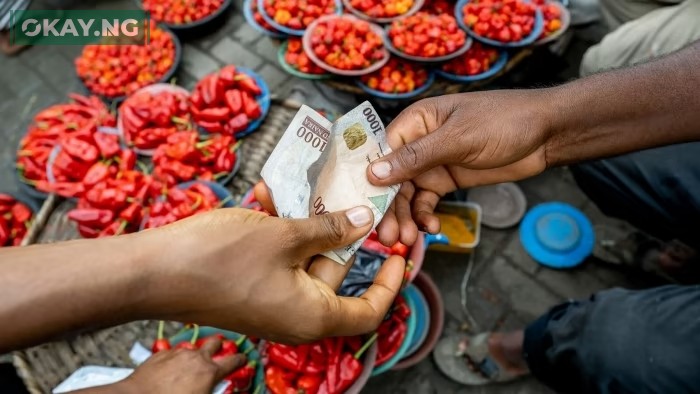Nigeria’s consumer price index (CPI), which measures the rate of change in prices of goods and services, rose to 26.72 percent in September 2023, marking the ninth consecutive increase this year.
This figure is up from 25.80 percent in the previous month, according to the National Bureau of Statistics (NBS).
The NBS released its CPI report for September on Monday, revealing the significant inflation surge.
The headline inflation rate for September increased by 0.92 percentage points compared to the previous month, according to the report.
“On a year-on-year basis, the headline inflation rate was 5.94 percentage points higher compared to the rate recorded in September 2022, which was 20.77 percent,” the NBS reported, indicating a substantial year-on-year increase in the headline inflation rate.
On a month-on-month basis, the headline inflation rate in September 2023 was 2.10 percentage points higher than in August 2023, but it was 1.08 percentage points lower than the August rate.
This suggests that the rate of increase in the average price level in September was less than in August.
The food inflation rate in September 2023 was 30.64 percent on a year-on-year basis, marking a 7.30 percentage point increase compared to September 2022, according to the report.
This rise in food inflation was attributed to increases in the prices of oil and fat, bread and cereals, potatoes, yam, and other tubers, fish, fruit, meat, vegetables, milk, cheese, and eggs.
The report also highlighted variations in food inflation rates across different states, with Kogi (39.37 percent), Rivers (35.95 percent), and Lagos (35.66 percent) having the highest food inflation rates on a year-on-year basis in September 2023.
In contrast, Jigawa (23.41 percent), Borno (25.29 percent), and Sokoto (25.38 percent) recorded the slowest rise in food inflation on a year-on-year basis.









